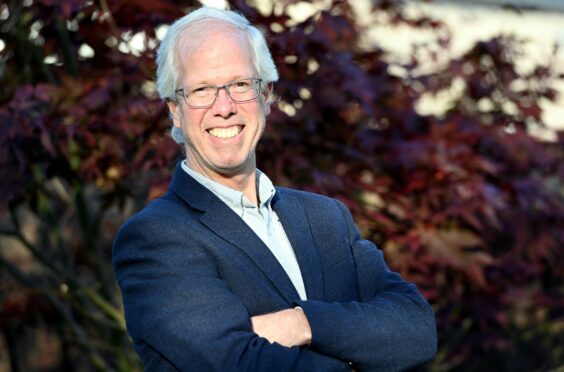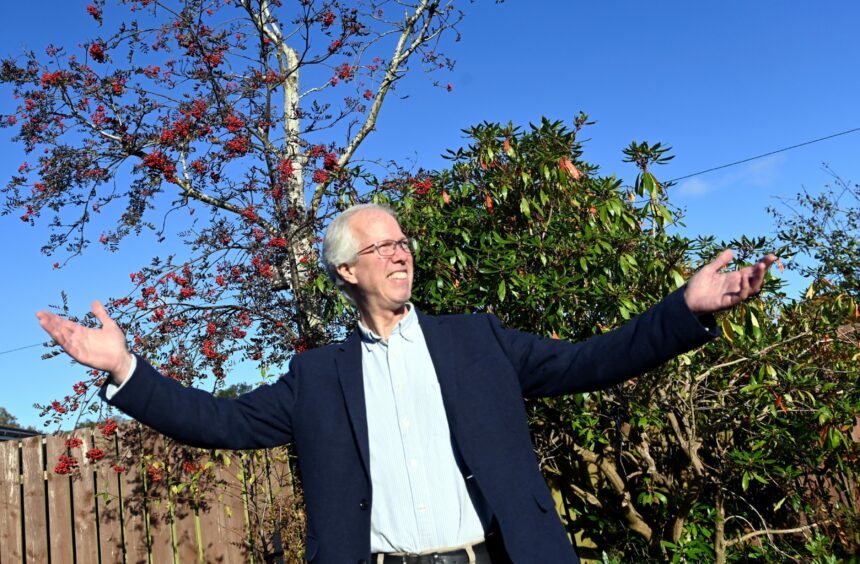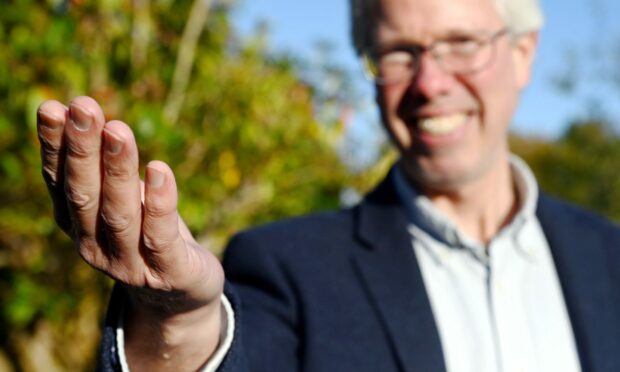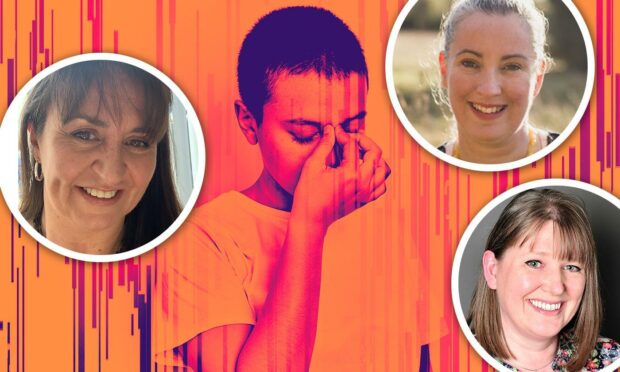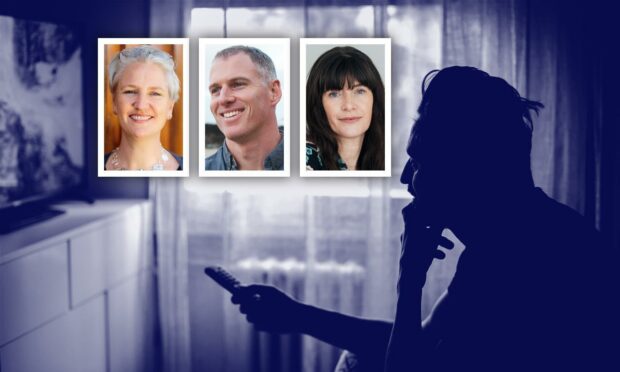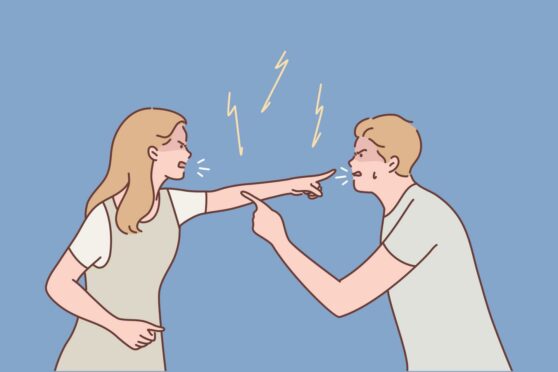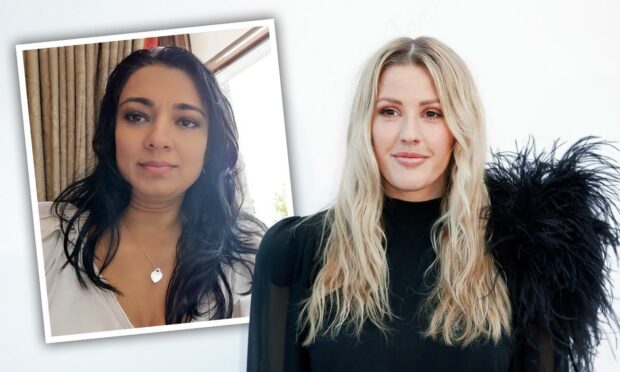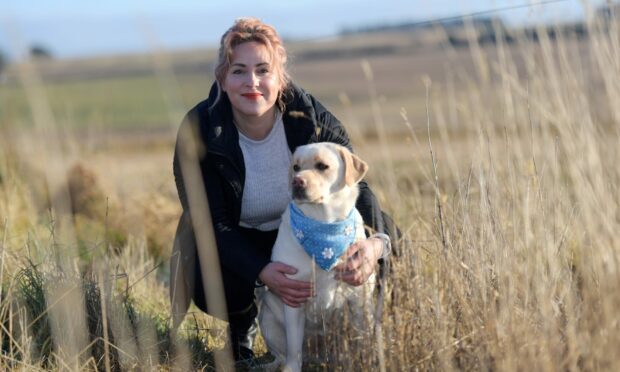Do you want to feel more confident?
Maybe you need the courage to ask someone out on a date or it’s now the time to ask your boss for that much-needed pay raise.
Or perhaps you’re struggling to relax while mingling with strangers at events.
This week we’ve spoken to Donald Phillips, from Confidence to Speak, as part of our Mental Health Toolkit series.
And the coach reveals that improving your speaking skills can be the best tool you can learn to give you the confidence to be yourself.
Why do people lack confidence?
We often lack confidence because of the challenges we’ve faced throughout our lives, stemming from experiences we’ve encountered through childhood or with family.
“All these areas build us up as functional human beings and sometimes when we get a knock and we don’t address it, or continual knocks, that can hammer a certain imprint in us and stays with us,” Donald explains.
But the Aberdeen-based speech coach highlights how working through these challenges can help us become more confident.
“It’s a chance for us to learn – to grow – and when we address those challenges we do grow and we become more human, more rounded.”
‘I was a quiet child who hardly spoke’
Donald was once a shy child who feared speaking in class but , through developing his own speaking skills, he gradually built up his confidence.
He now helps others and teaches a range of clients from grooms-to-be concerned about giving a speech to high-powered executives.
He’s a firm believer that everyone can develop their speaking abilities because the art of speech is actually a skill you can learn.
“I wouldn’t like to speak in class, or in situations I didn’t feel comfortable,” he said.
“But it was through drama training I began to rely on what I have as a capacity for speaking and I developed that.
“Speech is like any other art that can be developed such as painting or wood carving.
“We often get trapped in our speaking level at the age of adolescence and we don’t really rise above this – so we’re carrying something into our adulthood which is not fit for purpose.”
How to be more confident: Improve your speaking skills
Donald says speech and confidence go hand in hand and highlights that your speech acts as a barometer of how you feel inside.
Breathing exercises are often one of the first techniques he uses with clients to make sure they are breathing from their tummy rather than from their chest.
“There’s a helpful book called Breathe Well Be Well by Robert Fried and he argues that many of people’s anxieties, phobias and abdominal troubles – classic things people go to their GP about – are down to poor breathing habits.
“He argues if you begin to work with a healthy breathing habit you can change that health condition so the anxiety will decrease, and I’ve seen that happen many times with people.”
Many of us, especially women, are told to hold in our tummies from an early age but Donald says this can actually hold us back.
It’s through the opening up and settling of our bodies that our nervousness and anxiety begins to subside.
So the next time you go to a social event you’re worried about, it’s best to just try to relax.
‘Speaking gives us the confidence to be ourselves’
Social events can be daunting, particularly when faced with speaking to people you’ve never met before.
But Donald stresses that it’s important to build up your speaking skills and get enough touch time – the amount of time you practice the skill.
“Sometimes we can think ‘I need to be like him or her’, or ‘I wish I could be like James Bond’.
“You’re neglecting and negating yourself, and that can be debilitating.
“If you don’t have the touch time meeting other people and you have difficulties with social events, and you don’t have the confidence, it’s just a downward spiral.
“Speaking is so tied up with our whole being.
“It can be the tool to give us the confidence to be yourself more and to be OK with yourself.”
Watch our video to see Donald’s advice on how to develop your speaking skills and gain confidence in yourself.

